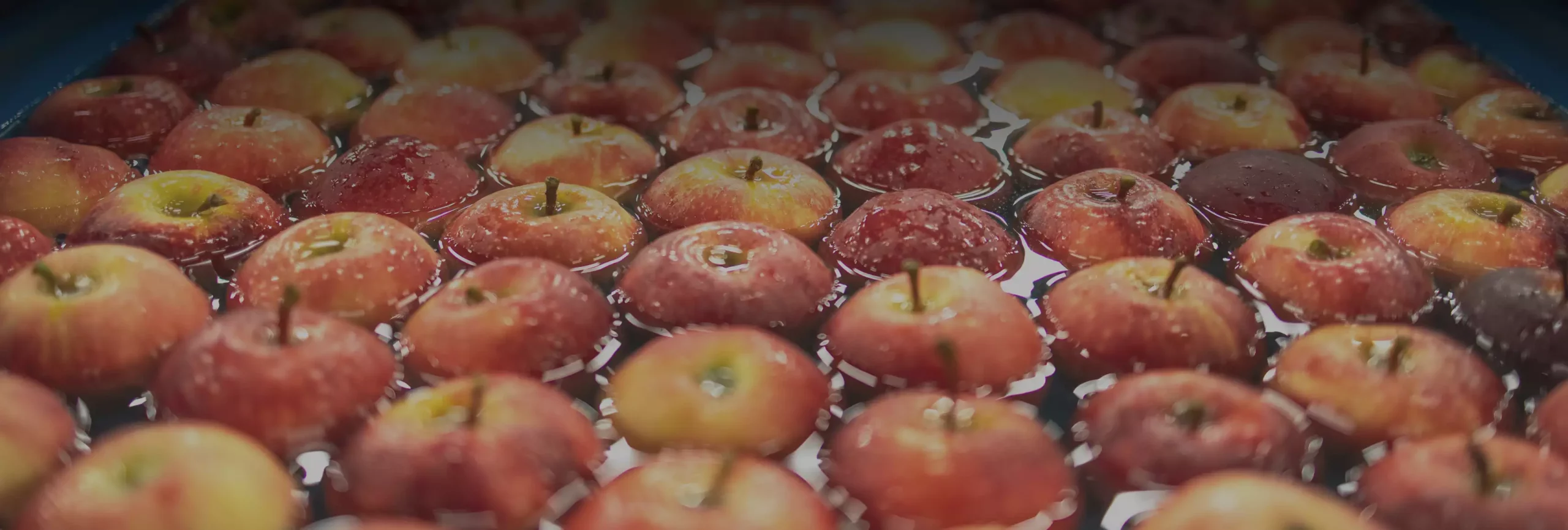
As an artisan cider producer I’ve taken quite some time to research this and what follows is true to the best of my knowledge.
When we started producing cider, we were faced with many people advising us on how to cut costs. The regulations require cider to have a minimum 35% cider content. This makes it easy to understand why so many of the larger companies, producing about 85% of all cider, appear to be cutting corners. They aim to produce as much (diluted) cider as possible to enable sales at the cheapest price. It is also easy to see how mass produced cider has become such big business enabling these producers to promote their products on a greater scale through various publicity ventures. It is now not even considered unusual to see sports teams sponsored by cider brands!
The more we learned about how mass produced cider was made, the more we became convinced that this was not the path we were going to take. Alongside other artisan cider producers we wanted to be proud of our cider and apple juices in every way. That can only happen if we guarantee that Dowding’s cider is, and will only ever be made with 100% apple juice.
Here is an explanation of some of the corners that we choose not to cut.
Generally, all cider starts off the same with 100% apple juice in a barrel or fermentation tank. The yeast is added, unless one is fermenting purely with the natural yeasts that are on the apples, and the fermentation process begins. This is where the opportunity to cut the first corner arises.
Traditionally, fermentation takes at least 8 months (usually longer) to deliver the full flavour and quality. The temptation is to force the process for a speedy cash turnover by constantly adding sugar or other sweeteners to the vessel. This will speed up the fermentation process to complete in as little as 3 weeks, and result in an alcohol level of around 13% to 15% in that very short time. Thus fermentation tanks can be reused multiple times. Artisan producers choosing not to cut that corner will allow time for fermentation to occur naturally, in the time honoured way.
As a result of forced fermentation, the high alcohol content makes the cider unmarketable, which would create many issues with duty rates, so the alcohol level needs to be brought down. This is done by diluting the concentrated cider to around 35% of its liquid volume with water, often making water the largest ingredient by proportion.
Next they add more sugars, sweeteners and flavours. There is an array of optional “extras” – there are 41 approved – to create the particular brand requirement. Finally alcohol is added to achieve exactly the right alcoholic content for the particular brand or product. It is then pasteurised, carbonated and bingo – job done!
Although more people are drinking cider, as most mass produced brands are only using around a third of the apples used in traditional ciders, this has resulted in apple producers facing a serious crop surplus as the demand for apples decreases. This is putting the future of many traditional British orchards at risk, and is at the very least pushing down the wholesale market price of apples for British fruit farmers. In recent years, Polish and French registered tankers have been spotted outside of some of the production bases of some of the larger cider producers. It’s difficult for small artisan producers to prove that apple concentrate is being imported, and even if it could be proved, it wouldn’t alter the fact that imported concentrate wouldn’t require labelling as such, as loopholes in the law allow the product to be labelled with a Union Jack, as long as the cider (rather than the apples) is produced here in the UK.
With such an increase in surplus apples, we decided to make use of surplus local apples that wouldn’t otherwise be harvested. This means that although our farm is certified as organic by the Soil Association, we’re not able to certify our juice and cider as organic certification requires that every apple from every tree must have been grown on certified organic land. Whist we respect that in a mainstream market consumers require this level of certification as a watertight guarantee of standards, we are a small enough business to know exactly where all of our apples have come from, and can be sure that none of the trees harvested have been sprayed or artificially fertilised. It also means that we can involve others (like schools and community projects) in our venture. We also guarantee that all of our apples have been harvested by hand. This improves quality control and provides employment for local people. We pride ourselves in being a great small family business to work for.
The bottom line is that smaller producers like us, who are making cider slowly and ethically, need to do all we can to support each other, and hope that you will support us too. We are active members of the Real Ale Campaign (CAMRA) which is a membership campaign promoting real ale and cider along with the traditional British pub. With over 192,000 members, CAMRA is now the largest single-issue consumer group in the UK, and membership has many great benefits not just for producers and retailers but for all those with an interest in good quality beer, cider and perry.
Our farm has a number of public footpaths, which I would encourage you to explore, and do please feel free to contact us for any more information about our business and arrange to come and look around.
Cheers!
Oliver Dowding
(Proprietor)

